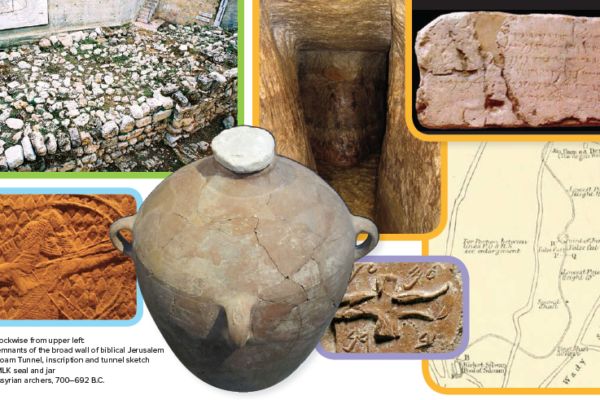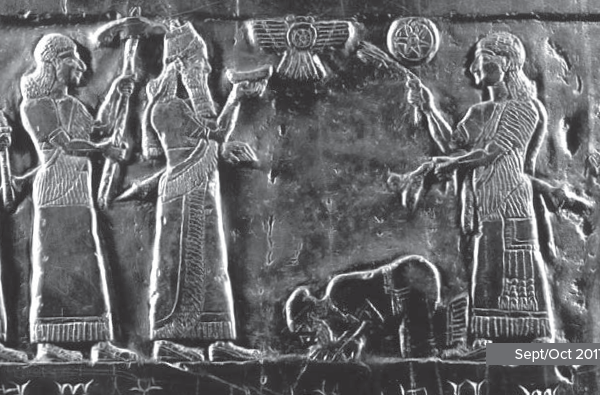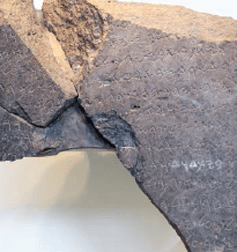Modern interpreters have fascinated themselves with Ezekiel’s psychological state. Beginning in the late 1800s, scholars began to interpret Ezekiel’s behavior in this section as signs of psychosis or trauma. David Halperin’s 1993 book, Seeking Ezekiel: Text and Psychology, even viewed these chapters as Ezekiel reenactment of being neglected during infancy, something Halperin concocted from a […]
The book of Ezekiel has a bad reputation. Some dislike its seemingly unceasing tone of judgment (especially chapters 6–32). Some dislike the seemingly callous instructions God gives Ezekiel, such as abstaining from mourning the death of his wife (24:15–18). Some dislike its lurid and lewd imagery that seemingly approves violence against women (16:15–58). I intentionally […]
Introduction Fifty-five years ago, Reformed Fellowship published an edited book commemorating the Synod of Dort of 1618–19. This synod was an international gathering of theologians, ministers, and elders to deal with a number of pressing issues in the Reformed church, including translating the Bible, organizing and governing the Reformed churches in the Netherlands, and—its most […]
In our last article, we noted several kings of Israel and Judah who were mentioned by name in various extra-biblical ancient Near Eastern writings. Of those kings singled out was Heze-kiah, son of Ahaz, who reigned from 716–687 B.C.1 Hezekiah’s time was in many ways the true golden age of the kingdom of Judah. Jerusalem […]
In our last article, we looked at archaeological finds that shed light on the kingdom of David.1 Until fairly recently, critical scholars had assumed the historicity of the united monarchy and doubted only the earlier periods (the time of the judges, the settlement of the land, the exodus, the patriarchs, etc.). But as we noted, […]
It seems like the west has descended into rage. Newspapers, mid-day talk shows, social-media feeds, “prove me wrong” videos on YouTube, White House press conferences—no matter where one turns, one is treated to the strained sounds of rage against opponents of the (perceived) good and righteous and true. […]
For many years, though critics questioned the historicity of the patriarchs, the exodus, and the biblical portrait of the settlement of the land of Canaan, the historicity of the monarchy in Israel was more or less assumed. But with the rise of postmodernity, many scholars began to cast doubt even on the period of David […]
In our last article, we entered into one of the more prominent phases of biblical history for the archaeologist: the period of Israel’s settlement of the Promised Land. As we examined the Merneptah stela, the debate among conservative scholars over the date of the exodus and settlement, and finally the site of Izbet Sartah, we […]
In Numbers 22, the Israelites had finally arrived at the plains of Moab, beyond the Jordan at Jericho. Their journey through the wilderness had drawn to a close because the purpose of this forty-year time period—the deaths of those who rebelled in Numbers 14—had finally been achieved. (For the account, see Numbers 14:20–23, 28–35.) Following […]
“I just can’t handle it anymore. It’s been six months now since I’ve slept for more than an hour at a time. I can’t eat solid food anymore, and I live in excruciating pain. My family will be forced to watch me wither away. Money which could be used to send my children to college […]










